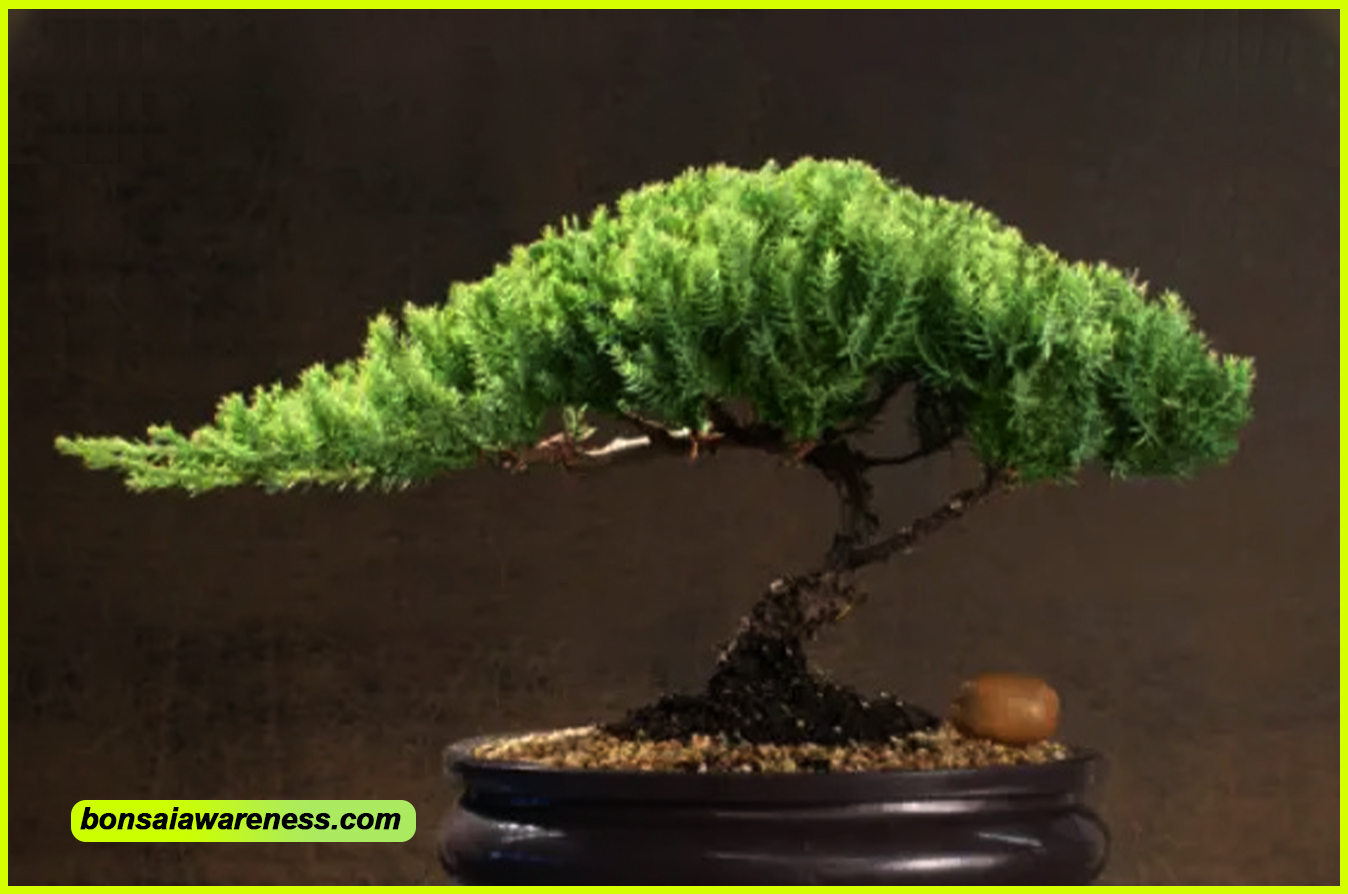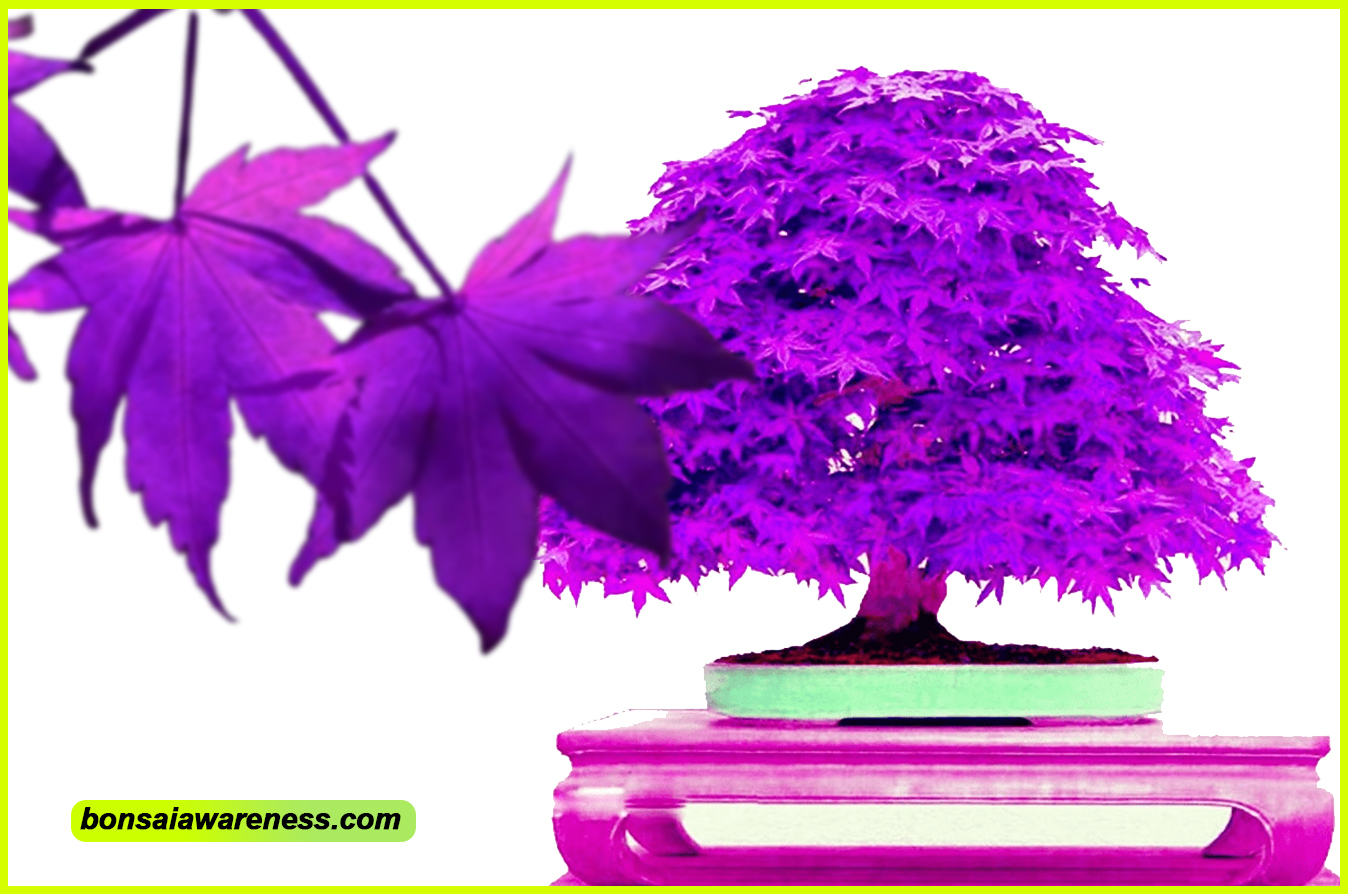The best soil for a juniper bonsai is well-draining, sandy, and slightly acidic. It should have a good balance of organic matter to ensure proper growth and health for the bonsai.
Juniper bonsai thrive in soil that provides excellent drainage, allowing the roots to breathe and preventing waterlogging. A mix of coarse sand, peat moss, and akadama or pumice is commonly recommended. This combination ensures optimal aeration and water retention for the bonsai’s root system.
The acidic nature of the soil helps in maintaining the pH level suitable for juniper bonsai. Choosing the right soil is crucial for the overall well-being of the juniper bonsai, as it directly impacts its growth, development, and longevity. Selecting the appropriate soil composition is an essential step towards nurturing a healthy and flourishing juniper bonsai.
Understanding Juniper Bonsai Soil
Juniper bonsai plants require well-draining soil composed of a mixture of organic and inorganic components. The optimal soil for juniper bonsai should have good aeration and moisture retention while allowing excess water to drain freely. A typical juniper bonsai soil mix may contain components such as akadama, pumice, and bark. These ingredients ensure that the roots receive sufficient oxygen and nutrients. The right soil pH is also crucial for the health of juniper bonsai. It is important to maintain a slightly acidic soil pH range of about 6.0 to 6.5 to support the tree’s growth and overall well-being.
Finding The Ideal Soil For Juniper Bonsai
Juniper Bonsai thrives best in soil that offers optimal drainage and aeration. When selecting soil, it’s important to consider the drainage material used. Lava rock or pumice can aid in preventing waterlogged conditions. The soil should also contain organic matter such as pine bark fines or peat moss to provide nutrients and promote healthy growth. Finding the right balance between drainage material and organic matter is crucial for the Juniper Bonsai’s well-being. It’s key to ensure the soil is well-draining, airy, and rich in nutrients to support the health and vitality of the bonsai.
Preparing Juniper Bonsai Soil At Home
DIY Potting Mix Recipe:
| Ingredients | Proportions |
|---|---|
| Organic Potting Soil | 50% |
| Small Grit | 30% |
| Perlite | 20% |
Creating the best soil for Juniper Bonsai starts with sterilizing the soil. This process helps eliminate harmful pathogens and pests. You can sterilize the soil by baking it in the oven at 180°F for 30 minutes. Be sure to let it cool before using.
Next, prepare the DIY potting mix by combining organic potting soil, small grit, and perlite in the proportions mentioned in the table above. Mix them thoroughly to ensure a well-draining soil blend.
Using this homemade soil mix will provide the necessary drainage and aeration for your Juniper Bonsai to thrive. It is crucial to maintain the right soil composition for the long-term health of your bonsai tree.
Maintaining The Health Of Juniper Bonsai Soil
Maintaining the health of juniper bonsai soil is crucial for the optimum growth and development of these plants. Choosing the best soil for juniper bonsai ensures proper drainage and nutrition, promoting a healthy root system and overall plant vitality. Regularly monitoring moisture levels and replenishing nutrients are essential for the long-term health and sustainability of juniper bonsai soil.
In order to maintain the health of Juniper Bonsai soil, it is crucial to pay close attention to watering techniques and soil moisture. Proper watering is essential to prevent both overwatering and underwatering. Ensuring that the soil is evenly moist, but not waterlogged, is crucial for the well-being of your Juniper Bonsai. The frequency of watering may vary depending on the climate and time of year, so it is important to monitor the moisture level of the soil regularly. Testing the soil moisture by feeling the top inch of soil can help determine when watering is necessary. It is also recommended to use a well-draining soil mix specifically formulated for Juniper Bonsai, as this will aid in maintaining proper moisture levels. Additionally, the use of organic fertilizers designed for bonsai trees can provide essential nutrients that support the health and growth of Juniper Bonsai. It is important to follow the recommended dosage and schedule for fertilizing, as overfertilizing can be detrimental to the plant. By giving careful attention to watering techniques, soil moisture, and nutrient requirements, you can ensure the best soil conditions for your Juniper Bonsai.Common Mistakes To Avoid With Juniper Bonsai Soil
One of the most common mistakes people make when it comes to caring for Juniper Bonsai is overwatering and not providing proper drainage. Overwatering can lead to root rot and other issues that can harm the health of the plant. It is important to water Juniper Bonsai thoroughly but allow the soil to dry out between waterings. Using a well-draining soil mix is essential to prevent water from sitting around the roots for too long.
Another mistake to avoid is using unsuitable soil mixes. Juniper Bonsai prefers a soil mix that is well-draining and has good aeration. Avoid using regular garden soil or heavy potting mixes that retain too much moisture. Instead, opt for a specific bonsai soil mix or create your own by combining ingredients such as akadama, pumice, and lava rock.
Frequently Asked Questions Of Best Soil For Juniper Bonsai
What Kind Of Soil Do Junipers Like?
Junipers thrive in well-draining, sandy or loamy soil. A pH level of 6. 0 to 7. 5 is ideal. Avoid overly moist or clay soils. Amend with organic matter for better drainage.
What Is The Best Soil Mix For Bonsai?
The best soil mix for bonsai is well-draining and composed of a mixture of akadama, pumice, and lava rock. This combination allows for proper aeration and water retention, creating the ideal conditions for bonsai growth and health.
What Do You Plant Juniper Bonsai In?
Juniper bonsai should be planted in well-draining soil, preferably a mixture of bonsai soil and sand. This allows for proper water drainage and prevents root rot. The pH level of the soil should be slightly acidic to neutral.
What Is The Substrate For Junipers?
Junipers thrive in well-draining substrates with good air circulation and moisture retention. A mix of lava rock, perlite, and pine bark is commonly used. Avoid heavy clay soils, which can suffocate roots. Regularly check moisture levels to prevent waterlogging or drying out.
Conclusion
To ensure the optimal growth and health of your Juniper bonsai, choosing the right soil is essential. The best soil for Juniper bonsai is well-drained and slightly acidic. It should provide sufficient moisture retention without causing waterlogging. Additionally, incorporating organic matter enhances its nutrient content and promotes root development.
Remember to regularly check the soil moisture and adjust watering accordingly. With proper soil and care, your Juniper bonsai will flourish beautifully for years to come.


Leave a Reply